Category: Features
-
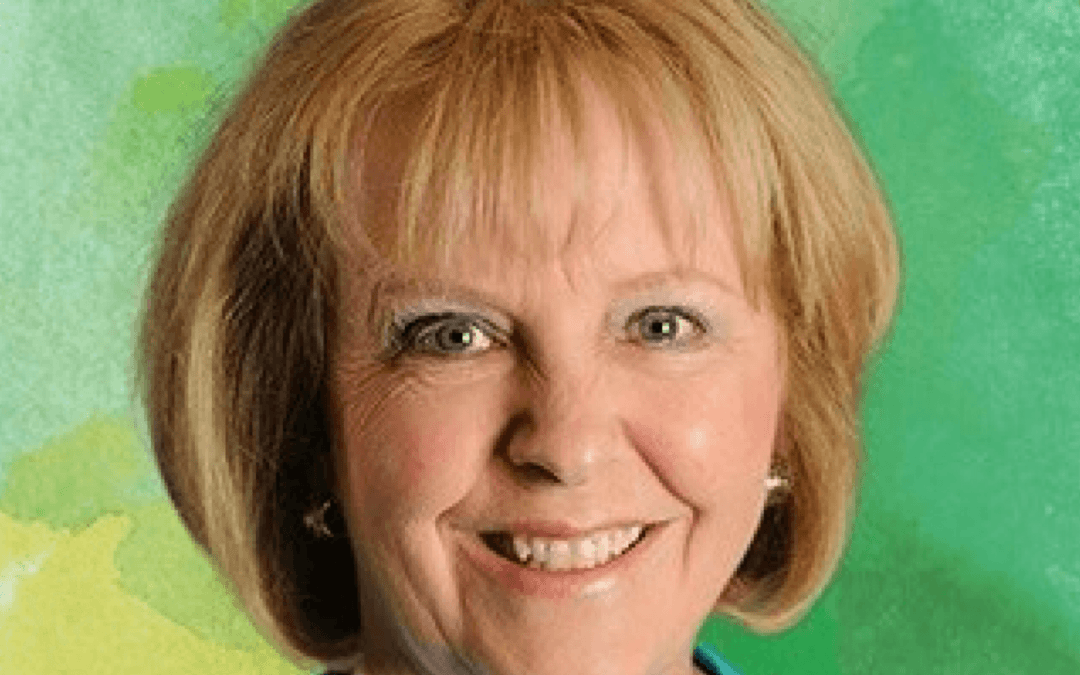
Women, Priesthood, and Power
There are several hot topics that come up on a regular basis in the Church. One of those is women’s relationship with the priesthood in the Church. Concerns over equality in policy making, involvement in the life of the Church, and quite a few other things factor into this issue. Given that women comprise half…
-
Notes on Revelation
When I teach Revelation 1-11 to my youth Sunday School class, I’ll probably start off by saying something about gasoline.
-

Latter-day Saints in Law
Latter-day Saints in the United States of America have had an impact in the field of law. Attorney Brian Craig highlighted some of the most important Latter-day Saint Lawyers in a recent 10 questions interview with Kurt Manwaring, after publishing a book called Latter Day Lawyers. What follows here is a short summary of the…
-
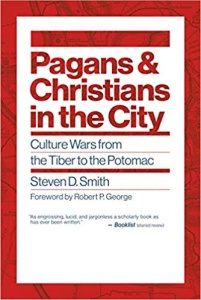
Pagans and Christians in the City (1/2)
Steven Smith (who has occasionally favored us with comments here at T&S) is not the first to describe our current cultural moment as a new conflict between pagans and Christians. As Smith describes at length in Pagans and Christians in the City, others, on both sides of the divide, have done so using the same…
-
A Tool to Make It Easier to Draw on the Wisdom of Women
In General Conference in 2015, President Russell M. Nelson stated, “We need women who have a bedrock understanding of the doctrine of Christ and who will use that understanding to teach and help raise a sin-resistant generation.” The following year, President Neill F. Marriott of the Young Women General Presidency taught, “The Lord’s Church needs…
-
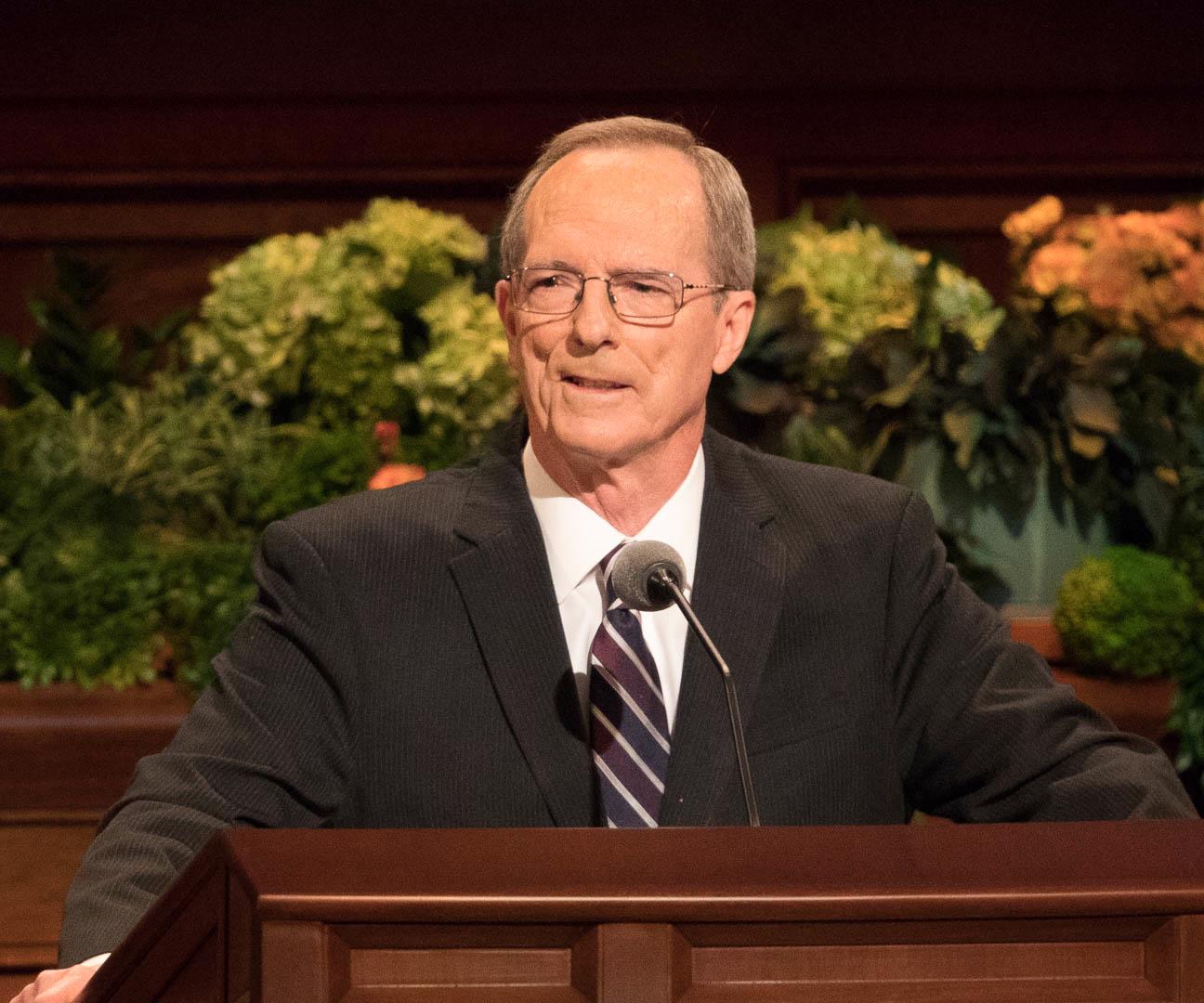
Putting the Book of Mormon Front and Center
Elder B.H. Roberts of the Seventy once wrote that: So long as the truth respecting it is unbelieved {the Book of Mormon} will remain to the world an enigma, a veritable literary sphinx, challenging the inquiry and speculation of the learned. But to those who in simple faith will accept it for what it is,…
-

Documents and Dialogic Revelations
Joseph Smith began his ministry with a wealth of visions and revelations. Many among these were what have been called dialogic revelations–answers given by God to Joseph Smith in response to questions or specific situations. Written documents phrased as God speaking through Joseph Smith have been treated with particular weight, both by early Latter Day…
-
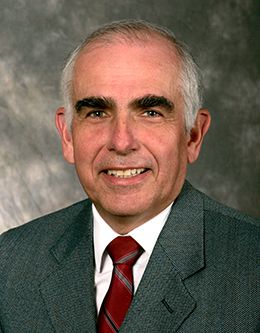
Temples, Sacrifices, and Revelations
Temples hold a central place in Latter-day Saint history. The narrative of building the Kirtland and Nauvoo Temples and the impact it had on our theology is a dominant theme of the early Church. Even going beyond that, however, much of the history that followed has temples looming in the background, even though it would…
-
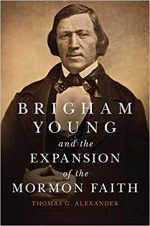
Brigham Young and the Expansion of the Mormon Faith, a Review
Back in June, Clark Goble mentioned that he was going to write a review of Thomas G. Alexander’s new biography Brigham Young and the Expansion of the Mormon Faith. It’s one of many misfortunes among the great losses of Clark passing away that we never had the opportunity to read the review he was planning…
-
First Vision Resources
We were left with a bit of a cliff hanger at the end of general conference this year—the promise of a unique general conference next April celebrating the 200th anniversary of the year Joseph Smith said he experienced the First Vision. President Russell M. Nelson spoke briefly of various events in Church history, including the…
-
Worst General Conference posts, ranked
General Conference begins in two days. I’m looking forward to it, but not as much to the online responses.
-

The Neglected Louie B. Felt
RoseAnn Benson’s book Alexander Campbell and Joseph Smith: 19th-Century Restorationists compares the two best known and successful figures in the broad restorationist movement of the 19th century. While those familiar with Latter-day Saint history know the relationship between the two movements, oddly in broader religious history only Campbell and his Disciples of Christ are considered…
-
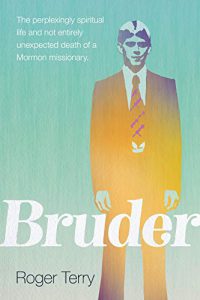
Ethics and Mormon missionary work: what memoirs tell us
They are still teenagers, 18 or 19, and are sent out to change the lives of adults. The boys dress up like CIA-agents, the girls like old-school women. They typically have no clue about the national, regional, social, cultural, religious, or familial identities of the people they try to interest in their alien sect. They…
-
Grace and Cooperative Salvation
Since at least the time of Augustine of Hippo and Pelagius, western Christianity has been embroiled in a debate about salvation and grace. The two extremes have been represented as salvation by grace alone and earning salvation by our own works. Theologians and Church leaders in the Church of Jesus Christ of Latter-day Saints have…
-
“Come, Thou Fount of Every Blessing” Throughout the Restoration
I remember seeing a survey several years ago that claimed that the two most popular hymns among Latter-day Saints were “I Stand All Amazed” and “Come, Thou Fount of Every Blessing”. I have not been able to find that survey online in recent years, but the latter hymn would be an interesting case, since it…
-
A Restored Gospel Christian Calendar
We sometimes speak of the idea of a holy envy—meaning something that we admire in another a religion. For years, while remaining active in my ward, I spent a considerable amount of time at a Presbyterian Church ringing English handbells. Over time, one feature of their worship that I developed a bit of a holy…
-
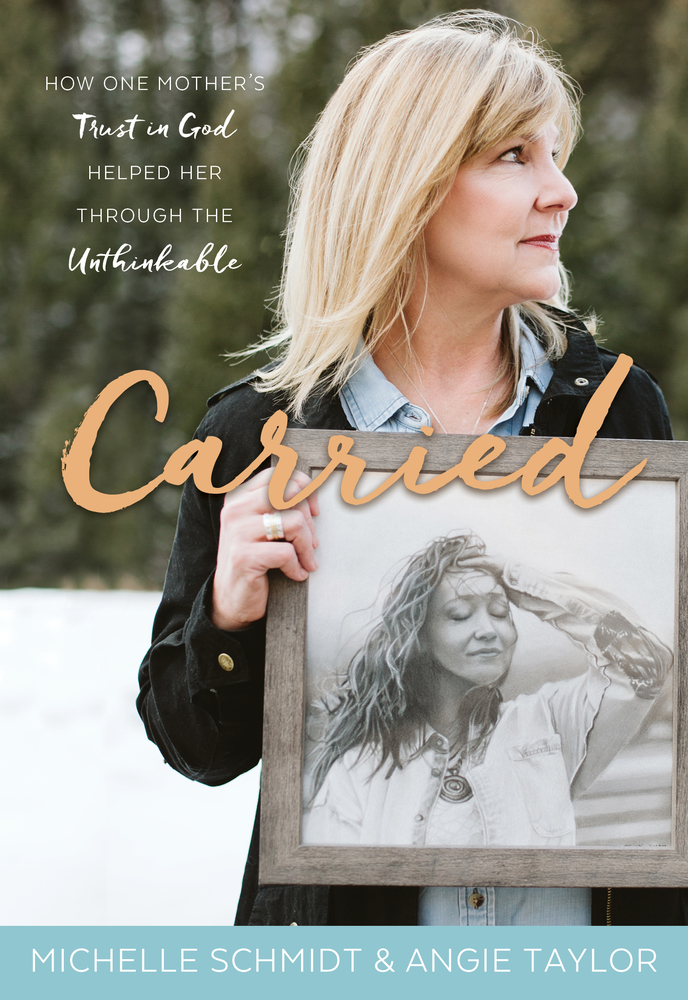
5 lessons from Schmidt and Taylor’s book Carried: How One Mother’s Trust in God Helped Her through the Unthinkable
In late 2016, Annie Schmidt went hiking in the mountains of Oregon. When she didn’t reappear, a mix of professionals and amateurs, friends and relatives and strangers, searched for weeks to find her. Annie’s mother, Michelle Schmidt, teamed up with her sister, Angie Taylor, to write the story of Annie’s disappearance, the search, and the…
-
The Expanded Canon: A Review
Several months ago, my wife Lissette gave a talk in sacrament meeting on the topic of modern prophets and continuing revelation. She wanted to provide something different, something the congregation could really chew on (no “theological Twinkies“). She ended up discussing how modern-day prophets model the process of revelation for us. Drawing on Elder Bednar’s analogy…
-
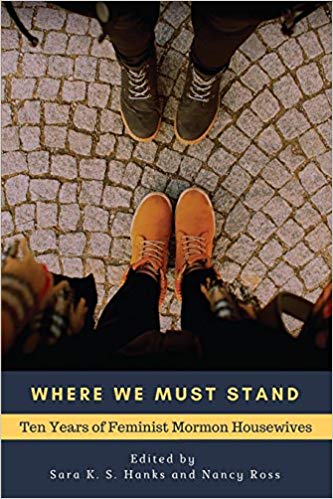
Book Review — Where We Must Stand: Ten Years of Feminist Mormon Housewives
reading and reviewing this book was a weighty experience for me, just as participating in FMH has been a weighty experience for its authors and many of its participants; and some of that weight shows up here
-
Times & Seasons Re-Welcomes Bryan Hickman
Times & Seasons hopes you will join us in welcoming our latest guest blogger, Bryan Hickman, for his guest-blogging stint with us (see here for his prior posts). Bryan is a semi-reformed Utah Mormon (whatever that means) doing his best to rein in the knee-jerkedness of his worldview (whatever that means). He went to school…
-

What Can Church Youth Leaders Learn from Baltimore?
For ten years, a Baltimore non-profit called Thread has been working with the youth of that city. Thread’s goal is to “foster students’ academic advancement and personal growth into self-motivated, resilient, and responsible citizens.” It does this by seeking out underperforming high school students and providing each one with a “family of committed volunteers” who…
-
Times & Seasons Welcomes Levi Jones
Times and Seasons hopes you will join us in welcoming our latest guest blogger, Levi Jones. Levi is an attorney with the U.S. Department of Commerce, where he handles general litigation matters. Prior to joining Commerce, Levi worked for several years as a corporate lawyer for a D.C. area firm. Levi earned his law degree…
-
Saints, Volume 1: A Review
About a week ago, the first volume of the new official history of the Church was published. I finished reading through it this weekend, and I have to say that it is fantastic. The style of prose reads like a novel (many creative authors were employed as the writers or consultants for the book), but…
-
“Saints, Slaves, & Blacks”: A Review
This past May, I went to see Jana Riess present her recent research on Mormon Millennials at the Miller Eccles Study Group here in Texas. One of the most interesting (and disturbing) bits of information was her finding regarding Mormons’ opinions about the priesthood/temple ban. As she summarizes online, The 2016 NMS asked whether respondents…
-
Future Mormon 6: A Radical Mormon Materialism
Welcome to the oft delayed sixth chapter of the once weekly reading club for Adam Miller’s Future Mormon. Hopefully we’ll get back to weekly again. For general links related to the book along with links for all the chapter discussions please go to our overview page. Please don’t hesitate to give your thoughts on the chapter. We’re…
-
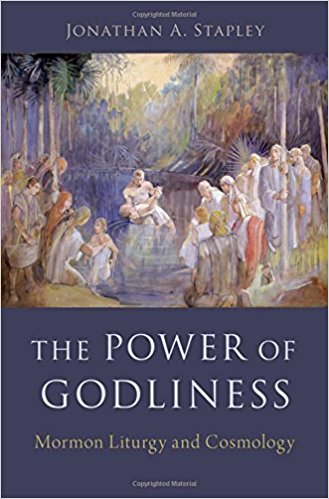
Review Essay: “The Power of Godliness: Mormon Liturgy and Cosmology”: Materiality and Performance
Like a paring knife to a grapefruit, Jonathan Stapley’s new book on the history of Mormon cosmology is slim, sharp, and swift to carve through pith, serving up elegant wedges of history. The Power of Godliness: Mormon Liturgy and Cosmology (Oxford, 2018) traces the evolution of ritual practice in Mormonism, including priesthood ordination, sealing rites,…
-
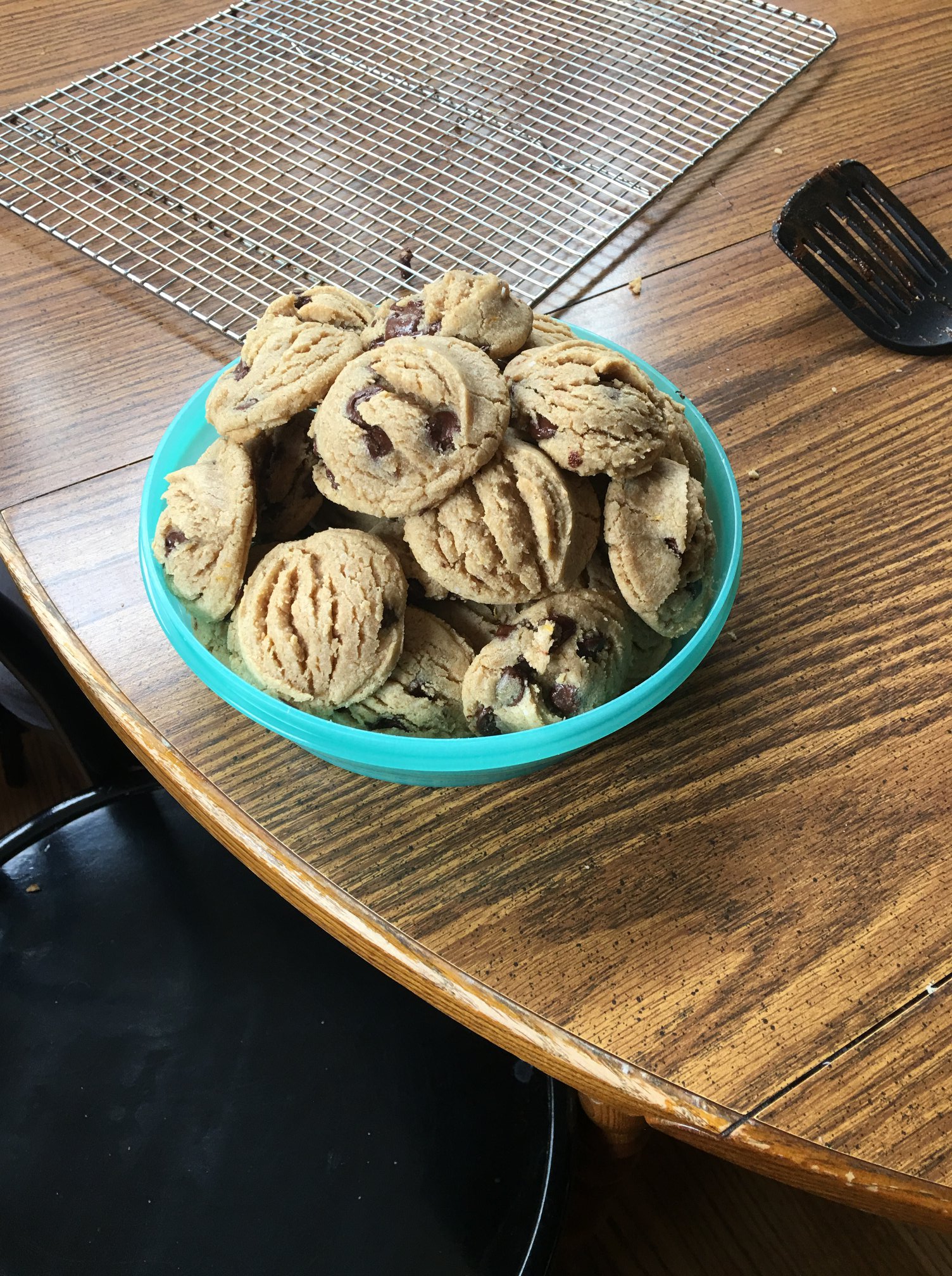
The Bread of Life, with Chocolate Chips
Today I am pleased to present a guest post from a good friend of the blog, Samuel Morris Brown. I learned to cook when my wife was recovering from cancer surgery. There’s a hollowness, kindred to cancer, hungry to swallow you up when a beloved’s life is threatened. I still remember, with a soul-deep ache,…
-
Review: William V. Smith’s ‘Textual Studies of the Doctrine & Covenants’
In October 2007, I returned home to Texas from my mission in Nevada. In April of the following year, the raid on the YFZ Ranch near Eldorado, TX, occurred. I didn’t think much about it at the time because, you know, they weren’t real Mormons (as many LDS are wont to say). However, a good…
-
Defiantly Turning the Other Cheek
On Twitter last week in the aftermath of the whole Porter situation someone mentioned the issue of turning the other cheek. Now first off I don’t think in any legitimate interpretation of turning the cheek it means submitting to abuse particularly spousal abuse. I know there is sadly a strong thread in the Jewish, Christian,…
-
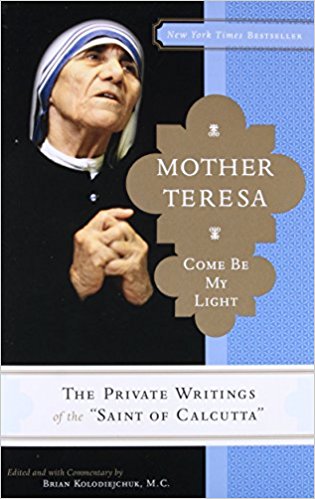
Unwavering Commitment to God and the Dark Night of the Soul
A few years ago, President Rosemary Wixom of the Primary shared a story from the life of Mother Teresa in General Conference: In a 1953 letter, Mother Teresa wrote: “Please pray specially for me that I may not spoil His work and that Our Lord may show Himself—for there is such terrible darkness within me,…
